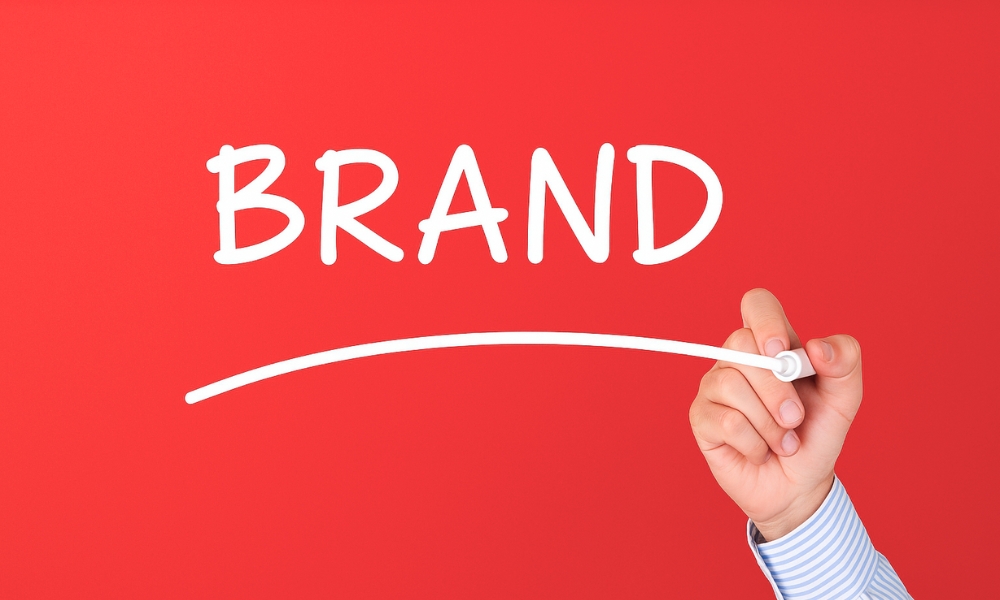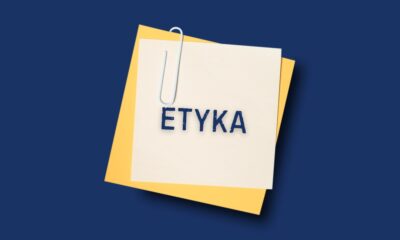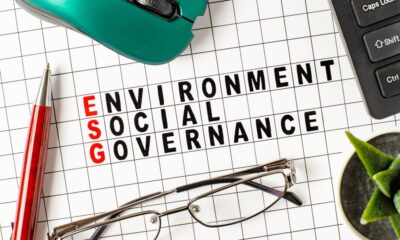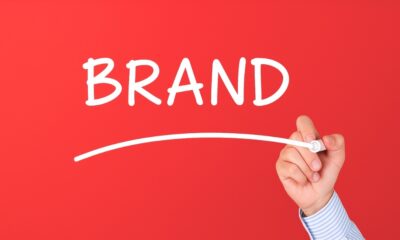The modern job market is no longer just a space for employment – it’s a dynamic ecosystem where a company’s identity and the identities of its employees are closely intertwined. More and more often, we hear about the power of a personal brand – when developed consciously and authentically, it not only strengthens an employee’s professional position but also has a real impact on the image and recognition of the organization (employer brand). It’s no longer about which is more important – employer brand or personal brand. Today, the key question is how to combine them so they reinforce each other.
Personal brand as an asset – also for the company
An employee’s personal brand is not a “private matter.” It’s the external reflection of their knowledge, values, skills and communication style. In an era where social media have become spaces for sharing professional insights and opinions, active experts within organizations naturally become its informal ambassadors.
For companies, this brings tangible benefits:
🔹 Credibility – audiences tend to trust people more than logos. Experts who share their knowledge contribute to the brand’s authenticity.
🔹 Reach – employees with strong personal brands expand access to new talent, clients, and partners.
🔹 Engagement – companies that support the development of personal brands show they value growth and autonomy.
Employer brand doesn’t compete with personal brand
Traditionally, employer branding was the domain of HR and marketing teams. Today, that’s no longer enough. A strong employer brand emerges from a consistent message – both at the organizational level and through its people. Companies that see personal branding as a threat risk losing the opportunity to create a modern, open and attractive workplace.
This is why it’s so important to build:
A culture of trust and shared responsibility – where people feel part of a bigger purpose, they’re more likely to become ambassadors for it.
Clear communication guidelines – understanding where private opinions end and organizational representation begins is a matter of transparency, not control.
A shared narrative – employer brand doesn’t impose, it invites. When an organization defines its identity, employees are more willing to co-create it.
How to support the development of employees’ personal brands?
Well-designed employer branding initiatives don’t compete with personal brands – they embrace and strengthen them. What can employers do?
🔹 Encourage knowledge sharing – through speaking at conferences, participating in podcasts, publishing on company blogs and LinkedIn.
🔹 Offer training in communication, storytelling, and building an expert brand – not everyone knows how to get started.
🔹 Recognize employees’ public activity – even outside the organization, such as in industry communities.
🔹 Create a supportive environment where “being visible” is not seen as a threat but as a sign of ambition and growth.
The identity of an organization = the sum of its people’s identities
An integrated strategy for employer branding and supporting employees’ personal brands can become one of the strongest competitive advantages on the job market. Because a company doesn’t communicate “who it is” through slogans – it speaks through the people who shape it.












